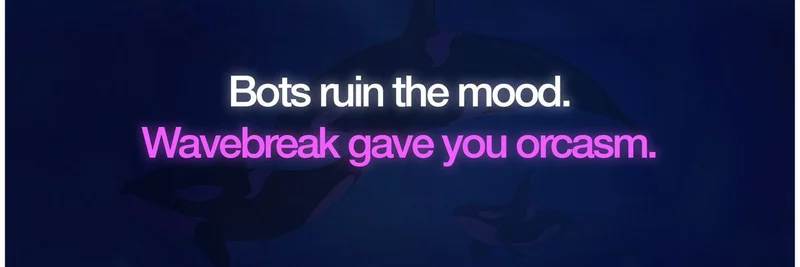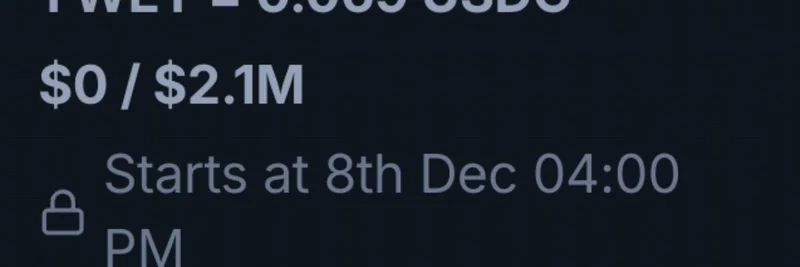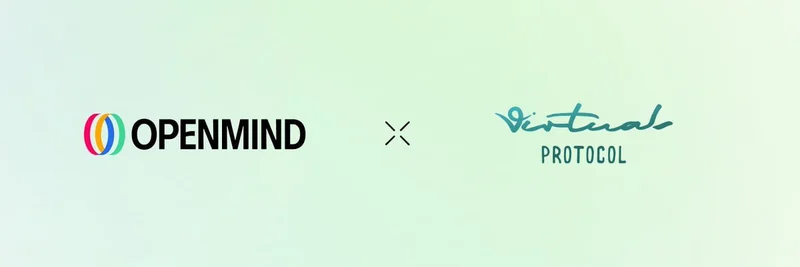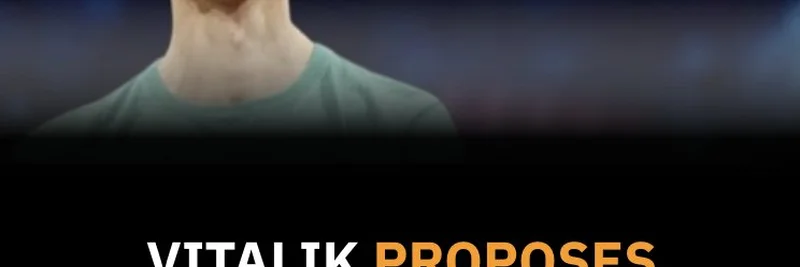In the fast-paced world of Solana meme tokens, where launches can make or break fortunes in minutes, bots have long been the uninvited guests crashing the party. But Orca, one of Solana's veteran DeFi platforms, is flipping the script with their new launchpad called Wavebreak. A recent interview shared by SolanaFloor dives deep into how this tool is tackling bot issues head-on, and it's got the community buzzing.
The conversation features Orca CEO Nathan Davis chatting with Finn from SolanaFloor. Nathan breaks down the biggest headaches in Solana's launchpad scene—think over 40 platforms vying for dominance, but all struggling with programmatic trading, aka bots, that leave regular traders in the dust. Wavebreak steps in with a clever anti-bot system inspired by web2 CAPTCHA tech, but tailored for on-chain action. It's not just about clicking boxes; it's a passive scoring system that evaluates user behavior and blocks suspicious activity right at the transaction level.
Take the DeFiTuna launch as an example—Wavebreak blocked a whopping 25,000 bot attempts in just a couple of minutes. That's huge for ensuring human traders get a fair shot. Nathan admits it's an ongoing arms race, with bots evolving quickly, but Wavebreak's flexible design allows for rapid adjustments without messing with smart contracts. For those unfamiliar, smart contracts are self-executing code on the blockchain that power these launches, and tweaking them can be risky.
One of the coolest features? Daily rewards. Traders using the platform regularly get small airdrops of successful tokens, distributed widely to encourage participation without overwhelming the market. It's a nod to the reality that meme token hold times are often measured in seconds, not days. Nathan emphasizes balancing this to avoid downward price pressure—only about 1% of token supply goes into rewards, and they're tweaking LP (liquidity provider) fees to let creators earn in SOL while burning meme coin portions for sustainability.
Community feedback has been key. Early on, high fees were a gripe, leading to quick adjustments. Nathan's team is all about iterating fast, adding discoverability tools to help users spot promising tokens beyond raw volume metrics. Speaking of which, he challenges the obsession with volume as a success indicator, noting how bots inflate numbers and distort real organic interest. Wavebreak aims to shift the narrative toward fairer, more human-centric launches.
The interview also touches on broader Solana trends. Orca's DAO is proposing to stake 55,000 SOL and use 400k USDC for ORCA token buybacks, giving more flexibility to respond to market conditions. Nathan sees buybacks as a way to return value to token holders in a regulatory-gray area where tokens aren't exactly equity but still represent community stake.
Looking ahead, Nathan ponders Solana ETFs (exchange-traded funds) and their potential impact. While bullish on awareness and price boosts creating on-chain wealth effects, he's cautious about capital competition from other crypto vehicles. On digital asset treasuries, he warns of risks from leveraged debt structures that could lead to concentrated sell-offs.
Reactions in the thread echo the excitement. The $ORCASM team, who launched seamlessly on Wavebreak, calls it "hot and about to get even hotter," praising the bot-free experience and rewards. Other users chime in with support, seeing it as a step toward stronger trust in Solana's ecosystem.
For meme token enthusiasts and blockchain builders, Wavebreak could be a game-changer, making launches more accessible and less frustrating. If you're diving into Solana memes, keep an eye on Orca's platform and Wavebreak—it might just level the playing field for your next big find. As the launchpad wars heat up, innovations like this remind us why Solana remains a hotspot for DeFi and meme magic.




